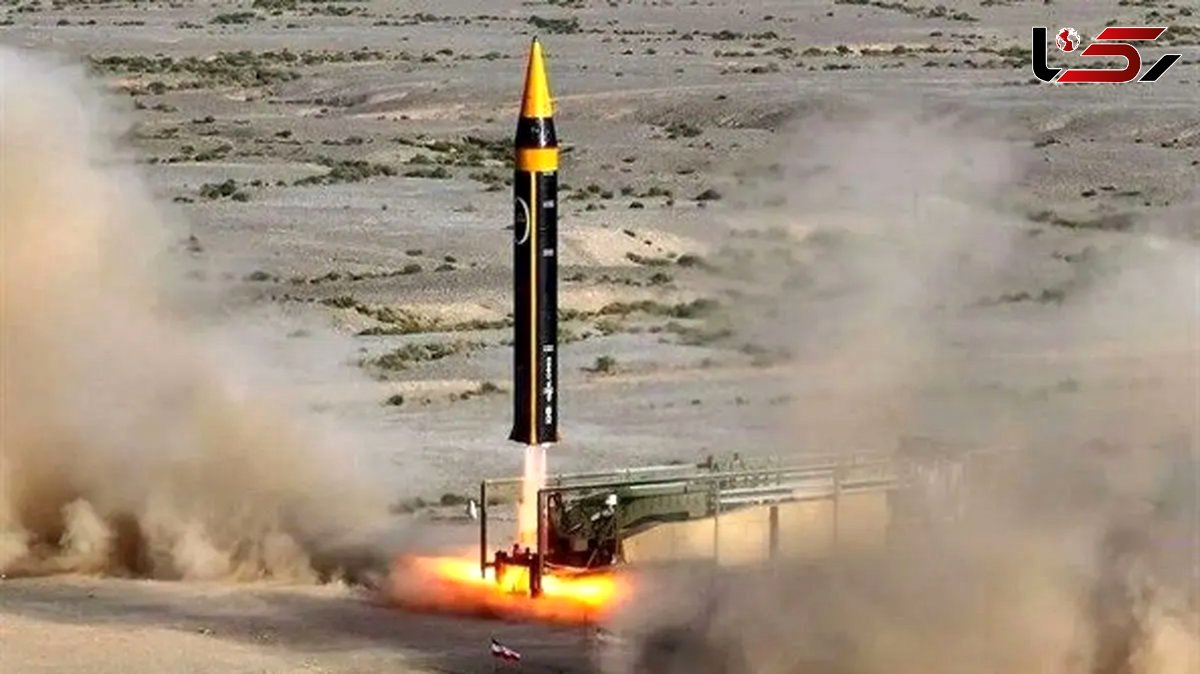Yedioth Ahronoth, citing military sources in Tel Aviv:
Neither Iran Nor Israel Seeks to Start a War
Rokna Political Desk: Senior Israeli military officials have stated that neither Iran nor Israel currently intends to initiate a war or launch a military strike, though concerns persist over Iran’s stockpile of enriched uranium, which—at least theoretically—could enable the production of a nuclear weapon.

According to senior defense sources cited by Ynet, there are no intelligence indicators suggesting that Iran is preparing or even considering an attack against Israel. Likewise, the officials confirmed that Israel has no plans for a preemptive strike against Iran at this stage.
As reported by Rokna, quoting Yedioth Ahronoth, Israel’s security and defense establishments have been on heightened alert since October 7, treating every potential warning and threat seriously—particularly those coming from political figures with a record of accurate assessments.
The June 2025 War and Its Aftermath
The 12-day war in June 2025 marked a turning point, during which Israel, Iran, and the United States all showed unprecedented willingness to engage in direct confrontation. Following Israel’s June 13 airstrikes inside Iranian territory, which broke a long-standing taboo, both sides appeared to brace for renewed escalation.
For over two decades, European actors have sought to prevent a war with Iran that could further destabilize the already fragile Middle East—potentially triggering migration waves, terrorism, and energy supply threats near Europe’s borders. Analysts are now reassessing the long-term consequences of the June conflict and the strategies Europe can employ to prevent a broader regional conflagration.
Lieberman’s Warning
On Friday, former Israeli Defense Minister Avigdor Lieberman warned on X (formerly Twitter):
“Anyone who thinks the confrontation with Iran is over is gravely mistaken.”
He alleged that Tehran is rapidly rebuilding its defense capabilities, accelerating nuclear-site activity, and preparing for a possible surprise strike. Lieberman urged Israelis to remain cautious during the upcoming Sukkot holiday:
“Celebrate with your families, but stay near shelters. We can’t rely on this government—only on the IDF and ourselves.”
Rebuilding Missiles, Not Nuclear Weapons
While Lieberman’s concerns are not entirely unfounded, Israeli officials acknowledge that Iran is reconstructing its air defense systems destroyed in recent conflicts and has sought assistance from China, Russia, and possibly North Korea.
Tehran is also working to revive its ballistic missile production, though progress has been slow. Israeli analysts note that Iran lacks key industrial components—specifically planetary mixers—necessary to produce solid fuel for long-range missiles.
However, there is no evidence that Iran has increased uranium enrichment beyond current levels or restarted its suspended nuclear weapons program, which was halted after Israel’s covert operation known as Operation Am Klavi several years ago.
Israel’s main concern remains Iran’s 400 kilograms of uranium enriched to 60 percent, which, in theory, could be sufficient for a rudimentary nuclear device or a so-called “dirty bomb.” Still, officials emphasize that there are no indications of such a project being underway.
Intelligence Blind Spots
The gravest concern, according to Israeli officials, is that Iran has expelled International Atomic Energy Agency (IAEA) inspectors, leaving the world with a much more limited view of Tehran’s nuclear activities.
At the same time, Iran continues to strengthen its regional proxy network—supporting Hezbollah in Lebanon, Shiite militias in Iraq, the Houthis in Yemen, and Hamas in Gaza—signaling a focus on maintaining regional influence through proxy forces and missile capabilities rather than rebuilding its nuclear program.
Nevertheless, Israeli analysts caution that Iran’s final decision remains unclear. Even if Tehran decided today to resume nuclear weapons development, experts estimate it would take at least one year to rebuild the necessary infrastructure and personnel—many of whom were killed in earlier Israeli operations.
Currently, Iran’s three strategic pillars—its missile, proxy, and nuclear programs—are all operating at limited capacity. The country also lacks advanced radar and early warning systems capable of detecting a potential Israeli strike. Having lost several forward positions in Syria, Tehran’s intelligence on Israel has also weakened significantly.
This vulnerability has deepened Iran’s sense of paranoia. Reports suggest that Iranian leaders believe recent Western and Israeli diplomatic overtures could serve as deceptive cover for another surprise attack—similar to the June airstrikes on Iranian assets.
As the UN Security Council, under European pressure, prepares to reimpose so-called snapback sanctions on Iran, Tehran suspects Israel may use the diplomatic moment to justify another preemptive strike.
The Risk of “Political Noise”
Such tensions help explain why remarks like Lieberman’s raise alarm among Israeli defense circles. Officials fear Tehran could interpret these statements as signs of imminent Israeli aggression and take preemptive action.
This potential “miscalculation”, as Israeli strategists call it, could escalate tensions unintentionally—driven by rhetoric rather than intent.
One senior military official told Ynet:
“There is no sign that Iran intends to attack, but words have consequences. A misreading in Tehran could spark an unnecessary crisis.”
Israeli security officials have reportedly urged politicians—both in the ruling coalition and opposition—as well as U.S. Ambassador Mike Huckabee, who recently made combative remarks—to exercise greater restraint.
According to these officials, Lieberman’s comments were likely intended as a domestic criticism of the government’s security performance, not a prediction of imminent war. Yet in Tehran—where mistrust runs deep—such rhetoric could easily be perceived as provocation.
At present, Israel’s message to its citizens is one of “calm vigilance”: there are no signs of a looming war with Iran—but in a region this volatile, even a few words can tip the balance.
Send Comments